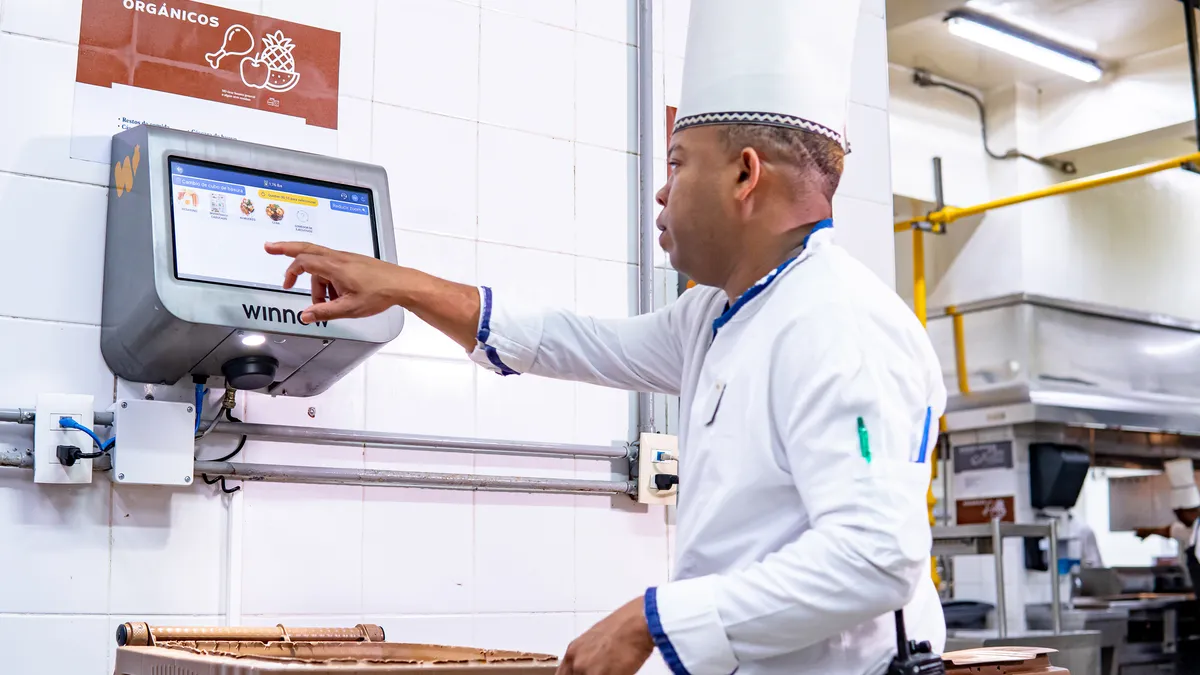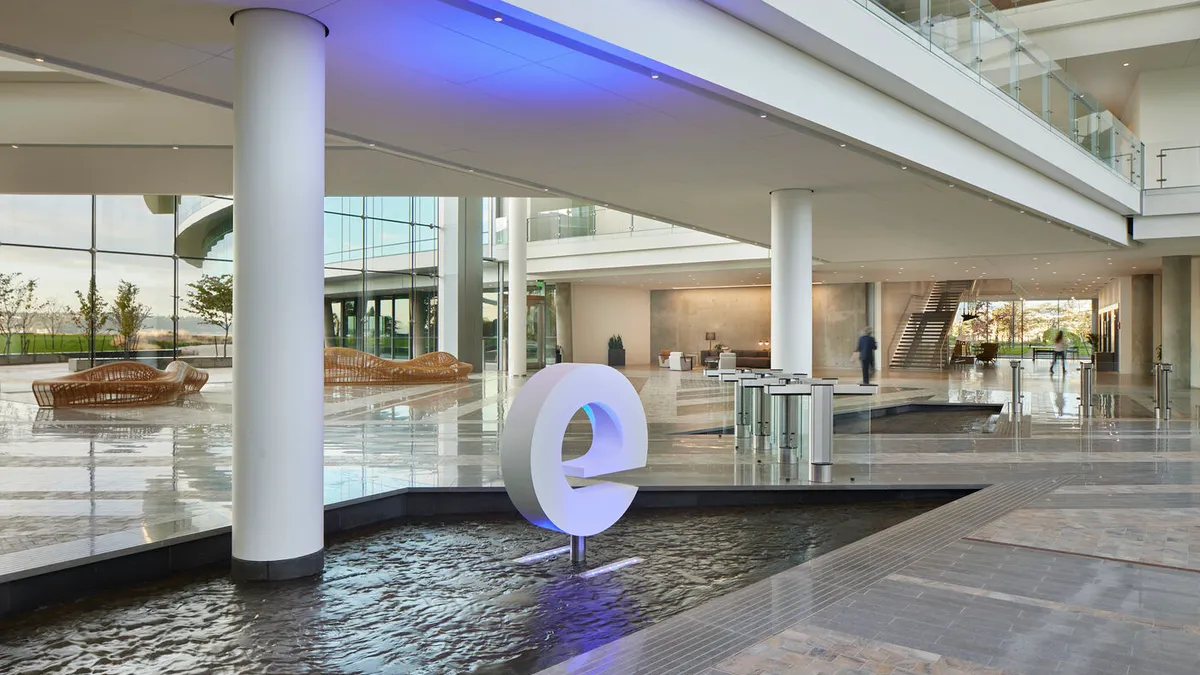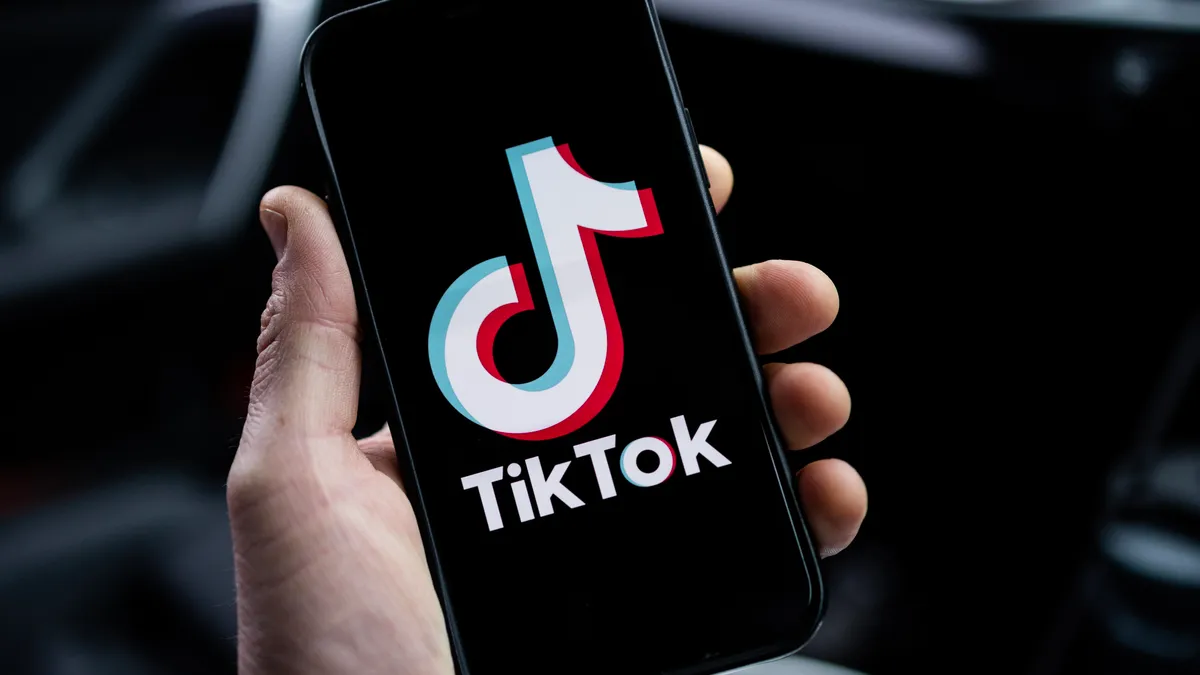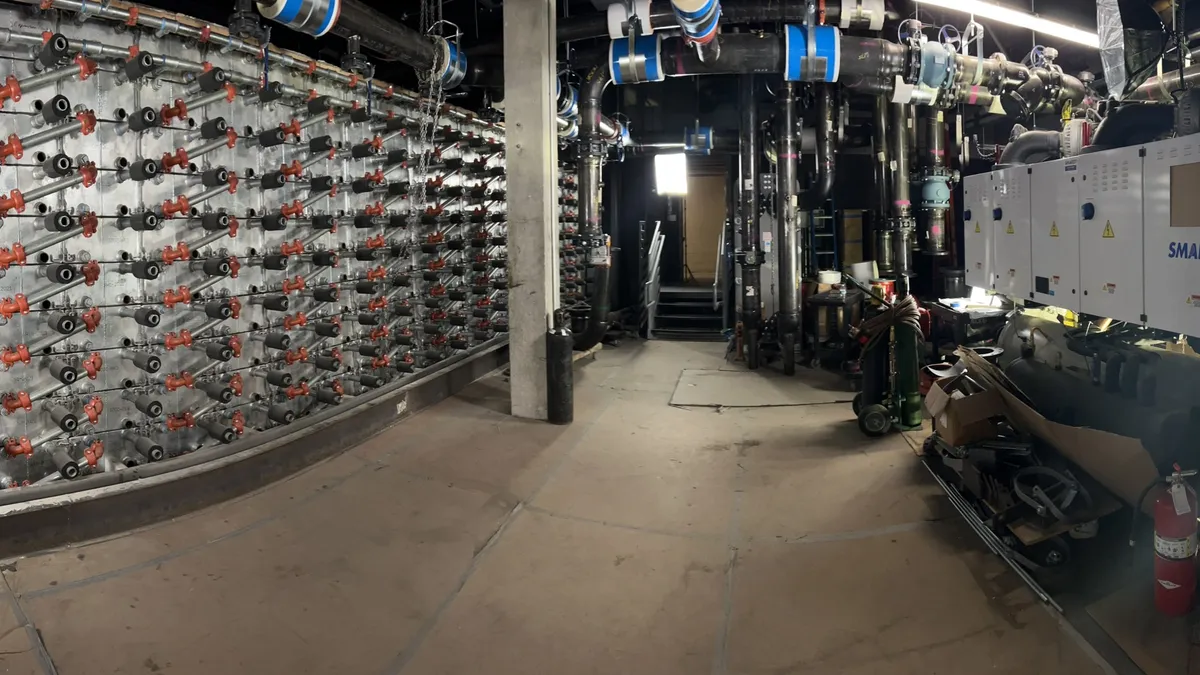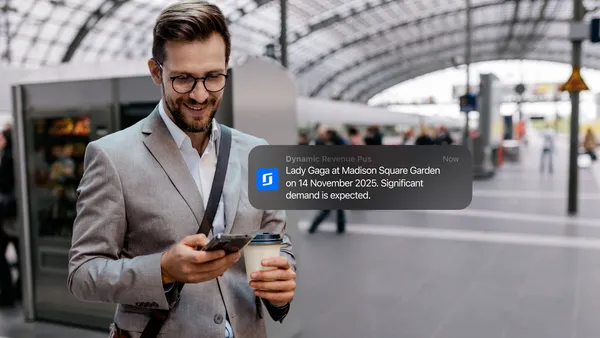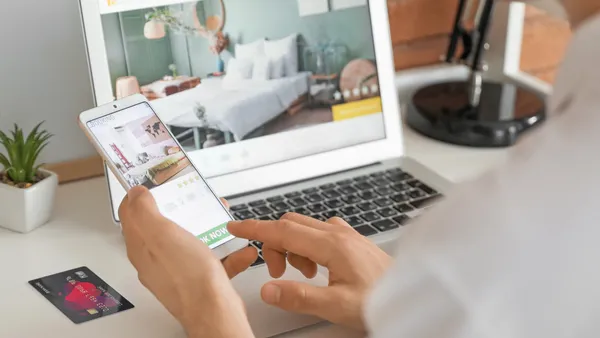Hotel Tech-in is our regular feature that takes a closer look at emerging technology in the hospitality industry.
Commercial kitchens discard between 5% and 15% of the food they purchase, costing the hospitality industry around $100 billion every year.
To help hotels reduce food waste — and the associated costs — London-based software solutions provider Winnow has developed an AI tool that allows commercial kitchens to track, measure and control what’s being thrown out.
Founded in 2013, Winnow initially developed a food waste solution that included an Android app, reporting suite and camera, allowing hotels to manually track, record and measure the food they threw away. Then in 2019, Winnow launched an AI-powered tool to streamline the food waste management process.
Called Winnow Vision, the technology is designed to increase the accuracy of data collection, which, when done manually is around 70%. The solution also provides timely results on the amount and type of food going to waste, allowing chefs to adjust food purchasing or preparation decisions.
Winnow Vision has been deployed at hotels including Iberostar Hotels & Resorts, which has integrated the solution at 20 properties in the past several months, and Hilton and Marriott, which utilize it at properties in Dubai.
How it works
The Winnow Vision system features a wall-mounted camera above a kitchen garbage bin that sits on a set of smart scales. The camera captures what is thrown away into the bin. Then, using a similar type of machine-learning technology found in autonomous vehicles, Winnow Vision “learns” to recognize different foods that are discarded.
Throughout the day, the system’s smart scales measure the specific type and amount of food discarded into the bin and calculate the financial and environmental cost of the waste. A report detailing the day's waste is provided to the kitchen the following day, according to David Jackson, director of marketing and public affairs at Winnow.
“[Winnow Vision] technology is designed to be able to give feedback to our chefs and employees — to say, ‘I'm detecting a little bit more pink on the salmon skin, maybe you can improve upon how you're preparing salmon,’” said Iberostar Global Director of Sustainability Megan Morikawa. “It's a great tool for us to be able to ensure that we're being as efficient as possible in the production of foods.”
The results
Winnow Vision is expected to reduce food waste by from 40% to 70% and reduce food costs by from 2% to 8% at commercial kitchens, the company said.
The technology and the company’s other non-AI-assisted solutions are implemented at 1,700 properties across the globe and currently save 36 million meals from being thrown away each year, equal to about $42 million worth of food, Jackson said.
Since deploying Winnow Vision at its properties last fall, Iberostar has saved 533,000 meals and 213 tons of food, according to its Wave of Change 2022 Year in Review report.
Additionally, Iberostar reduced its per-stay-waste sent to landfills by 35.61% last year and predicts that number will increase to 40% in 2023, Morikawa said. The company also predicts the cost savings from Winnow Vision will exceed $7 million annually going forward.
That said, Morikawa noted that the technology does come with a cost — increased staff training and operational changes to an already “complex” kitchen environment — though so far Iberostar food and beverage specialists, including chefs, have responded positively.
One Iberostar staff member told Morikawa they use the solution not only because it allows for greater efficiencies in the kitchen, but also because of the sustainability aspect.
According to Morikawa, Winnow Vision helps Iberostar work toward its sustainability goals, including becoming waste-free by 2025 and carbon-neutral by 2030. These goals align with the Glasgow Declaration on Climate Action in Tourism, of which Iberostar is a signatory.
Other hotels utilizing Winnow Vision include Marriott’s Grosvenor House property in Dubai and Hilton Dubai Jumeirah, both of which reduced their food waste by approximately 70%, according to separate Winnow case studies.
While Winnow mainly operates in international markets, Jackson said there is a pipeline of interest from hotels and resorts in the U.S. driving company progression.
“We've been going for 10 years internationally, and we've raised over $30 million, most of which is pointed at product development to make [Winnow Vision] as fast, easy to use and effective as possible. Now we're bringing all of that experience to the U.S., and we’re very excited to see how it develops.”



